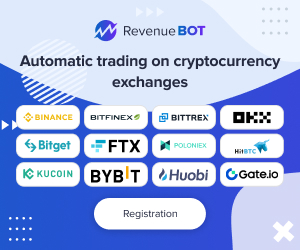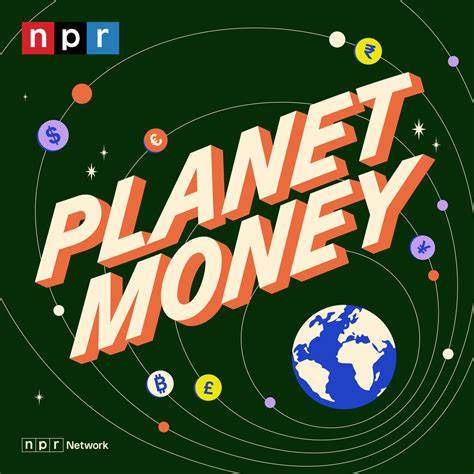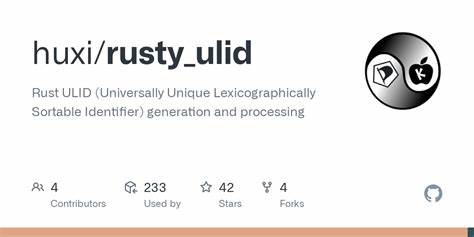在全球经济一体化进程不断加深的背景下,供应链的复杂性和多样性对劳工权益保护提出了更高要求。国际劳工组织(ILO)响应这一挑战,创新推出以人工智能技术驱动的线上知识中心——Evidence Hub,旨在通过科学数据和智能工具促进全球供应链中的体面劳动标准建设。该平台不仅提升了供应链管理水平,更为政策制定者、企业领导者、劳工组织和发展专家提供了宝贵的信息支持和解决方案。Evidence Hub的诞生基于ILO 2023年至2027年五年计划的战略部署,计划在促进供应链内实现体面劳动(Decent Work)方面取得突破。体面劳动不仅涵盖公平报酬、安全的工作环境和社会保障,还涉及工人参与权利和实现可持续发展的多维度目标。Evidence Hub整合了过去十年超过500篇学术文献和研究报告,并通过AI技术将这些复杂庞杂的研究成果转化成为简洁明了、可操作性强的洞见。
无论是政策制定者还是企业高管,都能迅速获取与供应链劳工问题相关的关键信息,高效指导决策和机制设计。平台的设计充分考虑用户体验,集合了简明的摘要、动态的可视化工具及深入的专题报告,帮助用户全面理解供应链、贸易投资与体面劳动等交叉领域复杂问题。同时,Evidence Hub还包含了“证据地图”功能,清晰描绘了证据的密集区域及亟需进一步研究的领域,推动全球研究资源的优化配置。对于政策制定者而言,这个平台更是宝贵的实践工具,不仅能精准掌握最新劳工权益数据,还能借助平台提供的政策转化工具,确保科学研究顺利转化为切实可行的政策和项目。基于这套系统,国家和地区能够更好地应对供应链中的劳工挑战,实现社会公平、经济效益与环境保护的良性循环。国际劳工组织与其培训中心ITCILO密切合作,确保平台内容准确且及时更新,满足多元用户群体的需求。
By using AI-powered approach, the hub continuously processes new data and refines knowledge dissemination strategies, facilitating an adaptive and responsive platform that keeps pace with evolving challenges in supply chains.The strategic value of the Evidence Hub extends beyond information aggregation. Through its comprehensive, accessible format, it fosters cross-sector collaboration, enabling governments, companies, and labor bodies to speak a common language rooted in evidence. This shared understanding accelerates the adoption of sustainable labor practices along global value chains.In recent years, consumers and investors have increasingly demanded transparency and responsibility from companies regarding social and environmental standards. The Evidence Hub provides a critical foundation for businesses to understand their labor-related risks and opportunities, and to design programs that improve working conditions while enhancing reputational capital.ILO’s Director of Decent Work in Supply Chains, Dan Rees, emphasizes the transformative potential of the Evidence Hub. He notes that over the past decade, the ILO has amassed a robust evidence base on decent work, trade, and investment, and now the platform enables smarter, more strategic knowledge sharing that helps reshape supply chains to be inclusive and equitable.The Evidence Hub also aligns with broader international initiatives such as the United Nations Sustainable Development Goals (SDGs), particularly SDG 8 on decent work and economic growth. Its AI-driven system supports monitoring and reporting efforts, allowing stakeholders to track progress and identify gaps where intervention is most needed.China, as a key player in global supply chains, stands to benefit significantly from the Evidence Hub. The platform’s clear summaries and practical policy tools can aid Chinese policymakers and enterprises in understanding international labor standards and improving compliance, contributing to China's commitment to responsible globalization and sustainable development.Looking forward, the ILO plans to continuously expand the Evidence Hub’s capabilities, integrating more real-time data sources and enhancing user interactivity. The goal is to make the platform an indispensable resource worldwide for anyone committed to advancing labor rights through data-driven innovation.In conclusion, the International Labour Organization’s AI-driven Evidence Hub marks a critical milestone in merging technological advancements with social justice objectives. By democratizing access to knowledge and supporting evidence-based policymaking, it empowers global actors to enhance supply chain labor standards effectively. As global supply chains continue to evolve, such innovative digital tools will be vital in ensuring that economic progress goes hand-in-hand with dignity, fairness, and sustainable work environments for all workers.。










